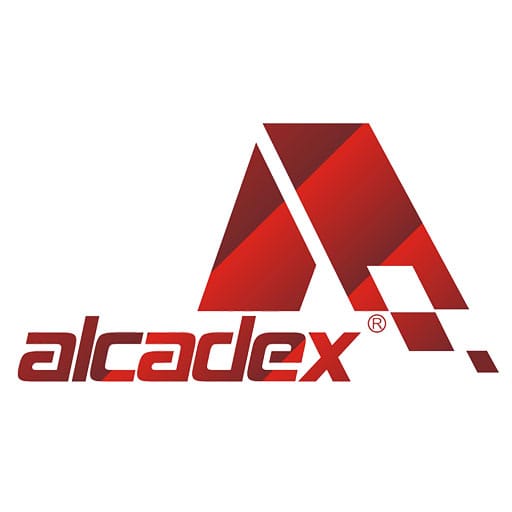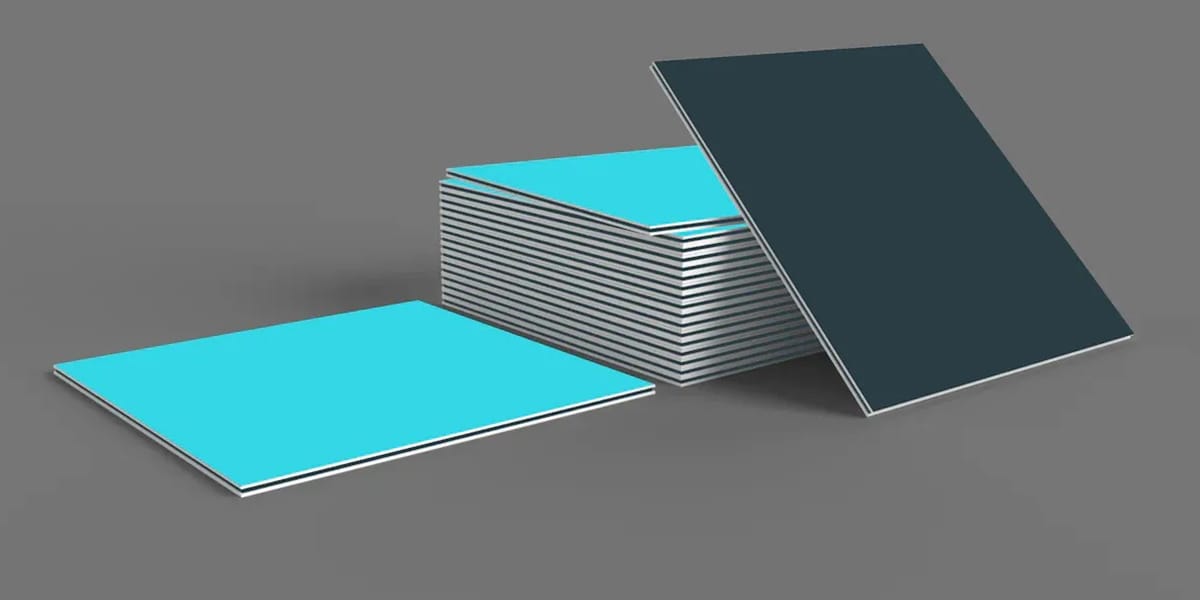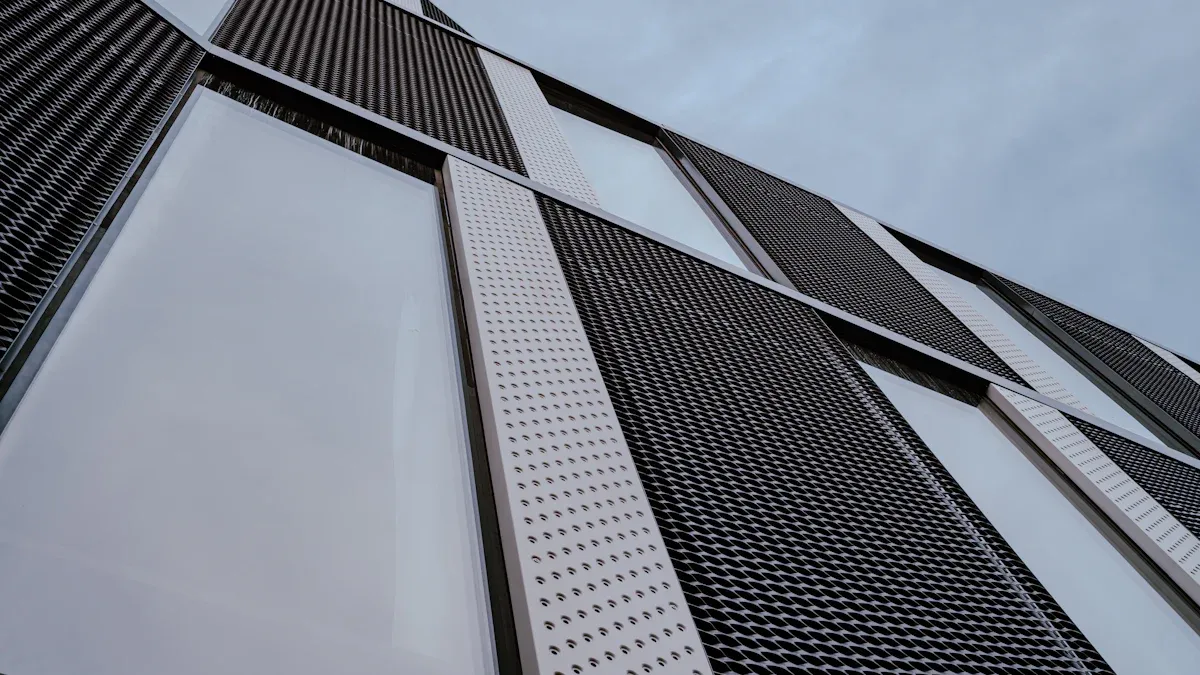
19 Aug How ACP Panels Perform And Withstand Salty Air Near The Ocean
Table of Contents
You can trust ACP panels to handle salty air near the ocean. They use a natural oxide layer, special coatings, and corrosion-resistant alloys to protect against rust and fading. If you want long-lasting results, you need to make sure you install them correctly and keep up with regular cleaning. These steps help ACP panels stay strong and look good even in harsh coastal weather.
Key Takeaways
ACP panels fight salty air with natural oxide layers, special coatings, and corrosion-resistant alloys. These layers help protect the panels from damage. Proper installation and regular cleaning keep ACP panels strong and looking nice near the ocean. Pick panels with marine-grade coatings and use stainless steel fasteners to stop damage. Rinse the panels every 3 to 6 months and check for loose parts or cracks to prevent problems. ACP panels last longer and need less care than wood or steel, so they are a smart choice for buildings near the coast.
ACP Panels in Coastal Areas
Key Features
When you choose ACP panels for a coastal area, you get several important benefits. These panels use aluminum, which forms a thin oxide layer. This layer helps protect the surface from salty air. You also find that many panels come with special coatings. These coatings add another shield against moisture and salt.
Lightweight: You can handle and install these panels easily because they do not weigh much.
Weather Resistance: The panels stand up well to wind, rain, and sun.
Design Flexibility: You can pick from many colors and finishes to match your building style.
Low Maintenance: You do not need to clean or repair them often.
Tip: If you want your building to look modern and stay strong, ACP panels offer a smart choice for coastal projects.
Common Challenges
You may face some challenges when you use ACP panels near the ocean. Salty air can speed up corrosion if you do not use the right type of panel or coating. Sometimes, sand and wind can scratch the surface. If you do not install the panels correctly, water can get behind them and cause damage.
Challenge | What You Can Do |
|---|---|
Salt corrosion | Pick panels with marine-grade coatings |
Surface scratches | Clean panels gently and often |
Water infiltration | Make sure you seal joints well |
You should always follow the manufacturer’s advice for installation and care. This helps you avoid most problems and keeps your panels looking new.
Corrosion Resistance
 Natural Oxide Layer
Natural Oxide Layer
Aluminum lasts a long time near the ocean. When it touches air, it makes a thin oxide layer. This layer is invisible but acts like a shield. It keeps salty air and water away from the metal. You do not have to worry about rust. The oxide layer protects the aluminum. If you scratch the panel, the layer comes back. This self-healing helps ACP panels stay strong in tough weather.
Note: The oxide layer works best if you keep panels clean. Dirt and salt can build up over time. Washing the panels often helps the layer protect the metal.
Alloy Selection
Not all aluminum is made the same way. The alloy in ACP panels matters a lot. Many panels use alloy AA1100. This alloy has a little magnesium in it. Magnesium helps the aluminum fight corrosion better. You get more protection from salt spray and acid rain. Your panels last longer and keep their color and finish.
Aluminum does well with chemicals in coastal air. It does not react much with acids or salts. You can trust ACP panels in places where other materials might not work.
Environment | Aluminum Performance |
|---|---|
Salt spray | Excellent resistance |
Acid rain | Very durable |
Chemical exposure | Stays strong |
If you want your building to look nice and last, pick the right alloy. You will feel better knowing your panels can handle coastal weather.
Protective Coatings
Resin Blends
You want your building to look good and last a long time. Special resin blends help make this possible. Manufacturers use these blends to coat the surface of ACP panels. The resins form a tough layer that blocks salt, water, and sunlight. This layer keeps the panels from fading or peeling.
Many resin blends also include corrosion-inhibiting pigments. These pigments act like tiny shields. They stop salt and moisture from reaching the metal underneath. You get extra protection, even in harsh coastal weather.
Tip: If you live near the ocean, ask for panels with high-quality resin blends. You will see less color change and fewer signs of wear over time.
Marine-Grade Powder Coatings
Marine-grade powder coatings give you another strong defense. Before applying these coatings, manufacturers clean and treat the aluminum in several steps. This pre-treatment removes dirt and oil. It also helps the coating stick better.
The powder coating itself is thick and even. It covers every part of the panel. This coating resists scratches, chips, and corrosion. You can trust it to handle salty air and strong sun.
Benefits of marine-grade powder coatings:
Long-lasting color
Strong resistance to salt and moisture
Easy to clean
You should choose ACP panels with marine-grade powder coatings for the best results in coastal areas. These coatings help your panels stay bright and strong for many years.
Installation and Maintenance
Installation Tips
You need to follow some best practices when you install ACP panels near the ocean. Always use stainless steel or coated fasteners. These resist rust and keep your panels secure. Seal all joints and edges with high-quality, weatherproof sealant. This step blocks salty air and water from getting behind the panels. Leave a small gap between panels for expansion. This helps prevent warping when temperatures change.
Tip: Work with trained installers who know how to handle coastal projects. They can spot problems before they start.
Maintenance Practices
Regular cleaning keeps your panels looking new and strong. Use fresh water and a soft cloth or sponge. Rinse off salt, dirt, and sand every few months. Avoid harsh chemicals or rough brushes. These can damage the surface. Check for loose fasteners or cracked sealant during each cleaning. Fix any problems right away.
Here is a simple maintenance checklist:
Rinse panels with water every 3-6 months
Inspect joints and edges for gaps or cracks
Tighten loose screws or fasteners
Touch up scratches with approved paint
Alert: If you see white spots or bubbling, this may mean corrosion. Clean the area and call a professional if the problem continues.
Service Life
With good care, ACP panels can last 20 to 30 years in coastal areas. You may notice some fading or minor wear after many years, but the panels will still protect your building. Watch for signs like peeling, deep scratches, or leaks. These mean you need repairs or replacement.
Sign of Wear | What to Do |
|---|---|
Fading color | Clean and inspect |
Peeling coating | Recoat or replace |
Water leaks | Reseal joints |
You can get the most from your panels by following these steps. Proper installation and regular maintenance help your building stay safe and beautiful for decades.
ACP Panels vs. Alternatives
 Durability
Durability
You want your building to last, especially near the ocean. ACP panels offer strong resistance to salt, wind, and rain. Other materials, like wood and regular steel, can rust or rot quickly in salty air. Stone and brick hold up well, but they can crack if water gets inside. Vinyl siding may fade or warp after years of sun and salt exposure.
Here is a quick comparison:
Material | Salt Resistance | Lifespan (years) | Maintenance Needed |
|---|---|---|---|
ACP panels | High | 20-30 | Low |
Wood | Low | 5-10 | High |
Steel | Medium | 10-15 | Medium |
Stone/Brick | High | 30+ | Medium |
Vinyl Siding | Medium | 10-20 | Low |
Tip: Choose materials with high salt resistance for coastal projects.
Aesthetics
You care about how your building looks. ACP panels give you many color and finish options. You can pick glossy, matte, or even metallic looks. Stone and brick offer a classic style, but you get fewer color choices. Wood gives a warm, natural feel, but it can fade or stain over time. Vinyl siding comes in many colors, but it may not look as modern.
ACP panels: Modern, sleek, many finishes
Wood: Warm, natural, but needs paint or stain
Stone/Brick: Classic, limited colors
Vinyl Siding: Colorful, but less stylish
You can match ACP panels to almost any design style.
Cost
You need to think about your budget. ACP panels cost more than vinyl siding but less than stone or brick. Wood can seem cheap at first, but you pay more for repairs and upkeep. Steel prices change often, and you may need to repaint it. Stone and brick cost the most to buy and install.
Material | Initial Cost | Upkeep Cost | Value Over Time |
|---|---|---|---|
ACP panels | Medium | Low | High |
Wood | Low | High | Medium |
Steel | Medium | Medium | Medium |
Stone/Brick | High | Low | High |
Vinyl Siding | Low | Low | Medium |
Think about both the price now and the money you will spend on repairs later.
You can trust these panels to protect your building near the ocean. Proper coatings, careful installation, and regular cleaning help you get the best results. Always choose products made for coastal weather. Check your panels often for signs of wear. If you have questions about your project, talk to a local expert. This way, you make sure your building stays safe and looks great for years.
FAQ
How often should you clean ACP panels near the ocean?
You should rinse your ACP panels every 3 to 6 months. Salt and dirt can build up quickly near the ocean. Regular cleaning helps your panels last longer and keeps them looking new.
Can you paint ACP panels if the color fades?
Yes, you can repaint ACP panels. Use paint made for metal surfaces. Clean the panels first. Follow the manufacturer’s instructions for best results.
What should you do if you see corrosion on your panels?
If you spot corrosion, clean the area with fresh water. Check for damage or peeling. You may need to touch up the coating or call a professional for repairs.
Are ACP panels safe during storms and high winds?
ACP panels handle strong winds well when installed correctly. Make sure you use the right fasteners and sealants. Always follow the manufacturer’s guidelines for coastal areas.
Do ACP panels attract mold or mildew?
ACP panels resist mold and mildew.
Keep the panels clean and dry.
Good airflow around the panels helps prevent any growth.



 Natural Oxide Layer
Natural Oxide Layer Durability
Durability